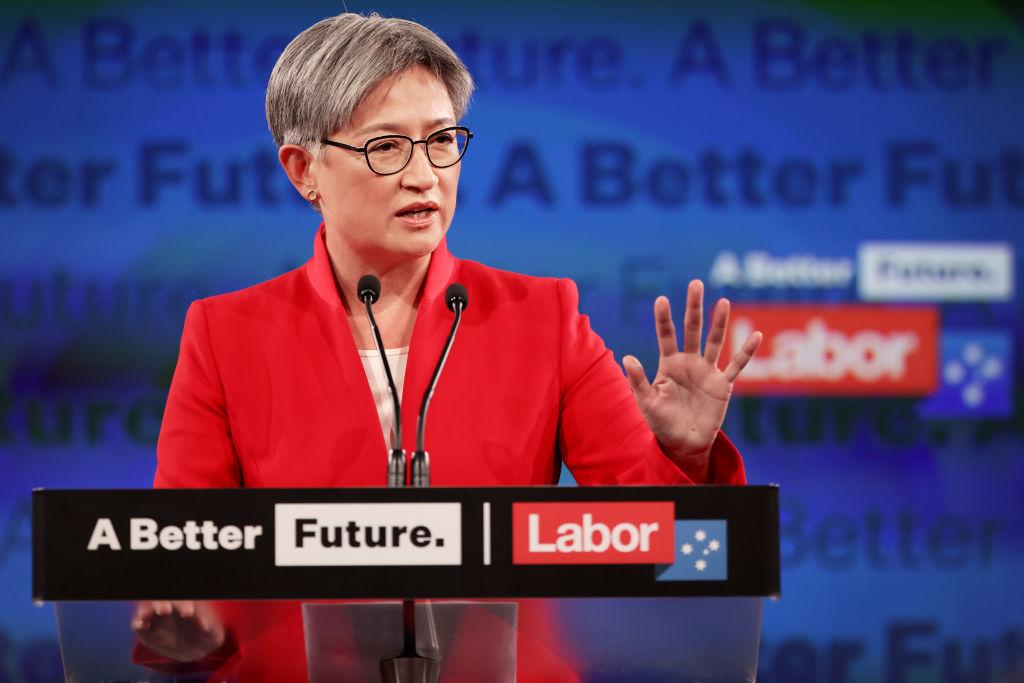Australia’s Labor government has announced that they will be walking back the previous government’s policy of recognising West Jerusalem as the capital of the country.
This comes after a spokesperson for the Department of Foreign Affairs and Trade, on Oct. 18, told The Guardian that “no decision to change” had been made by the government after the Australian media reported that key sentences on its website related to Australia-Israel relations had been altered.





